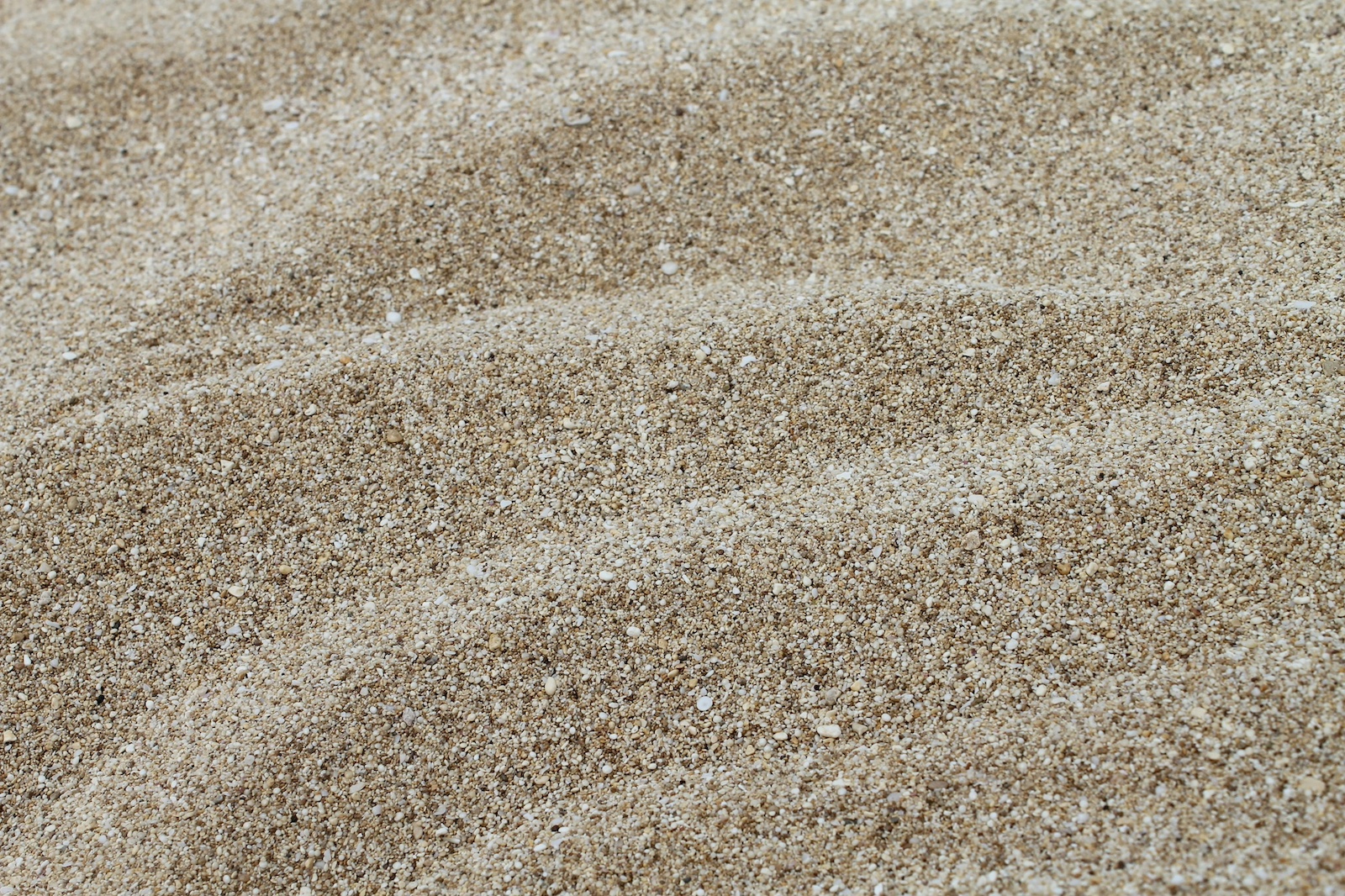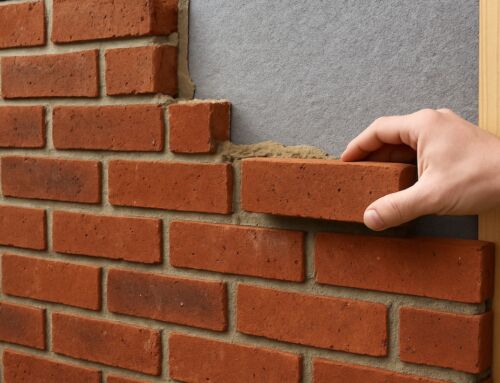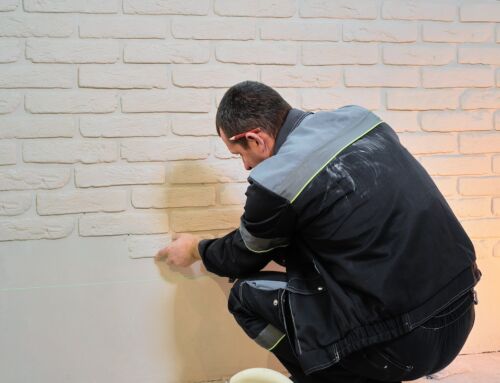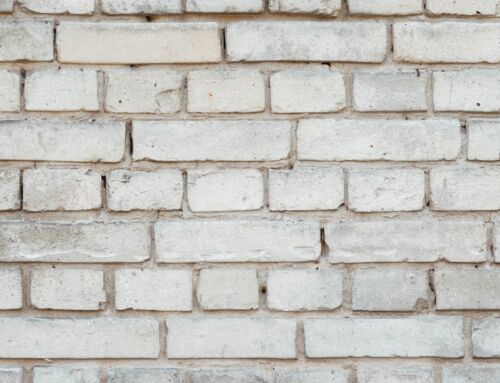Masonry sand plays a critical role in construction, particularly in commercial projects where durability and aesthetics are paramount. But what exactly is masonry sand, and why is it so important in construction? In this comprehensive guide, we’ll explore the properties, uses, and significance of masonry sand in commercial construction, shedding light on its vital role in building strong, long-lasting structures.
What Is Masonry Sand?
Definition of Masonry Sand
Masonry sand is a type of fine, sharp, and consistent sand used in various construction applications, especially for projects that require smooth finishes and durable bonds. Unlike coarser types of sand, such as concrete sand, masonry sand is known for its fine particles, which give it a uniform texture. This makes it ideal for mixing with mortar, plaster, and grout, where a fine consistency is necessary.
The grains of masonry sand are usually smaller than 3/16 of an inch and undergo a thorough screening and washing process to remove impurities, resulting in a clean, fine material. It’s sometimes referred to as all-purpose sand due to its versatility in construction.
How Is Masonry Sand Made?
Masonry sand is derived from naturally occurring materials such as granite, limestone, and quartz. The raw materials are first crushed and then screened to separate finer grains from larger aggregates. After screening, the sand is washed to eliminate dust, debris, and other unwanted particles, ensuring that the sand meets the strict standards required for commercial construction use.
Key Uses of Masonry Sand in Commercial Construction
Masonry sand is used in various commercial construction activities, helping to ensure structural integrity and aesthetic appeal. Below are some of the primary ways masonry sand is used:
Bricklaying and Mortar
In commercial construction, mortar is essential for bonding bricks and other masonry units together. Masonry sand is mixed with cement and water to create mortar that fills gaps between bricks, ensuring a strong and durable bond. Its fine texture allows for a smooth application, making it easier to work with while creating a more professional finish.
Concrete and Grout Mixes
Although masonry sand isn’t typically used in large concrete slabs due to its finer particles, it’s highly effective in creating concrete mixes for smaller projects such as pathways or decorative features. When combined with other materials, masonry sand enhances the texture and finish of concrete, making it suitable for precision work.
Plaster and Stucco Applications
Masonry sand is commonly used in the production of plaster and stucco for commercial buildings. Because of its fine texture, it allows for a smoother application and a more polished appearance once the plaster or stucco dries. This is especially important in commercial construction projects where a flawless finish is often required for aesthetic reasons.
Paving and Stonework
For paving and stonework projects, masonry sand provides a stable, smooth base. When used beneath pavers or stones, it helps create a level surface, preventing the movement of stones or bricks over time. This is crucial in commercial settings where durability is a priority, such as in patios, sidewalks, or exterior walls.
Importance of Masonry Sand in Commercial Construction
Masonry sand is not just a filler material – it has several critical qualities that make it indispensable in the commercial construction sector.
Durability and Strength
One of the primary reasons for using masonry sand in commercial projects is its role in improving the durability and strength of structures. Its fine, sharp particles provide better cohesion in mortar, plaster, and concrete mixes, ensuring that buildings withstand the test of time, weather conditions, and wear and tear.
Aesthetic Appeal
In commercial construction, visual appeal is as important as structural integrity. Masonry sand helps achieve smooth, even finishes that are essential for modern architecture. Whether it’s stucco walls, decorative concrete, or sleek pathways, masonry sand contributes to the overall aesthetic value of commercial properties.
Cost-Effectiveness
Masonry sand is relatively affordable, making it an economical choice for commercial builders. Its versatility across a range of construction applications means fewer materials are needed, which can help reduce overall project costs without compromising on quality.
Related Reading – What is CMU in Construction? – Explained
Choosing the Right Masonry Sand for Your Commercial Project
Quality Considerations
Not all masonry sand is created equal, and it’s essential to select high-quality sand for your construction needs. Factors to consider include grain size, uniformity, and cleanliness. For commercial construction, it’s crucial to use screened and washed masonry sand to ensure that no impurities are present that could affect the final product’s performance.
Suppliers and Local Availability
When sourcing masonry sand, it’s important to work with reputable suppliers who can guarantee consistent quality. Local availability is also a factor, as it can reduce transportation costs and ensure timely delivery to your job site.
Environmental Considerations
Sustainable Sourcing
Like many construction materials, the sourcing of masonry sand can have an environmental impact. However, there are sustainable practices in place to minimize this, including responsible extraction methods and efforts to restore natural habitats after sand is harvested.
Alternatives to Traditional Masonry Sand
Eco-friendly alternatives to traditional masonry sand are being explored, including manufactured sand and recycled materials. These alternatives can help reduce the environmental footprint of commercial construction projects while still offering the same performance benefits as traditional sand.
Conclusion: Dixon Inc. Relies on Masonry Sand for Quality Commercial Construction
At Dixon Inc., we’ve spent over 50 years delivering reliable, high-quality commercial construction. We use top-grade masonry sand for its role in ensuring strong, durable, and visually appealing results, from bricklaying to paving. By choosing the best materials, we ensure our projects meet the highest standards, completed on time and within budget.
Ready to build something exceptional? Contact Dixon Inc. today to get started.
FAQs
What is the difference between masonry sand and concrete sand?
Masonry sand has much finer grains compared to concrete sand, which is coarser. The fine texture of masonry sand makes it ideal for projects requiring smooth finishes, such as plaster or mortar, while concrete sand is better suited for larger construction projects like sidewalks and driveways.
Can I use masonry sand for concrete projects?
Yes, but it’s best suited for smaller, more detailed concrete work where a fine texture is needed. For larger slabs or load-bearing structures, coarser sand like concrete sand is preferred for added strength.
Is masonry sand the same as play sand?
No, masonry sand is not the same as play sand. Play sand is even finer and softer, making it safe for children’s sandboxes, while masonry sand is sharp and used primarily in construction for its binding properties in mortar and other mixes.





